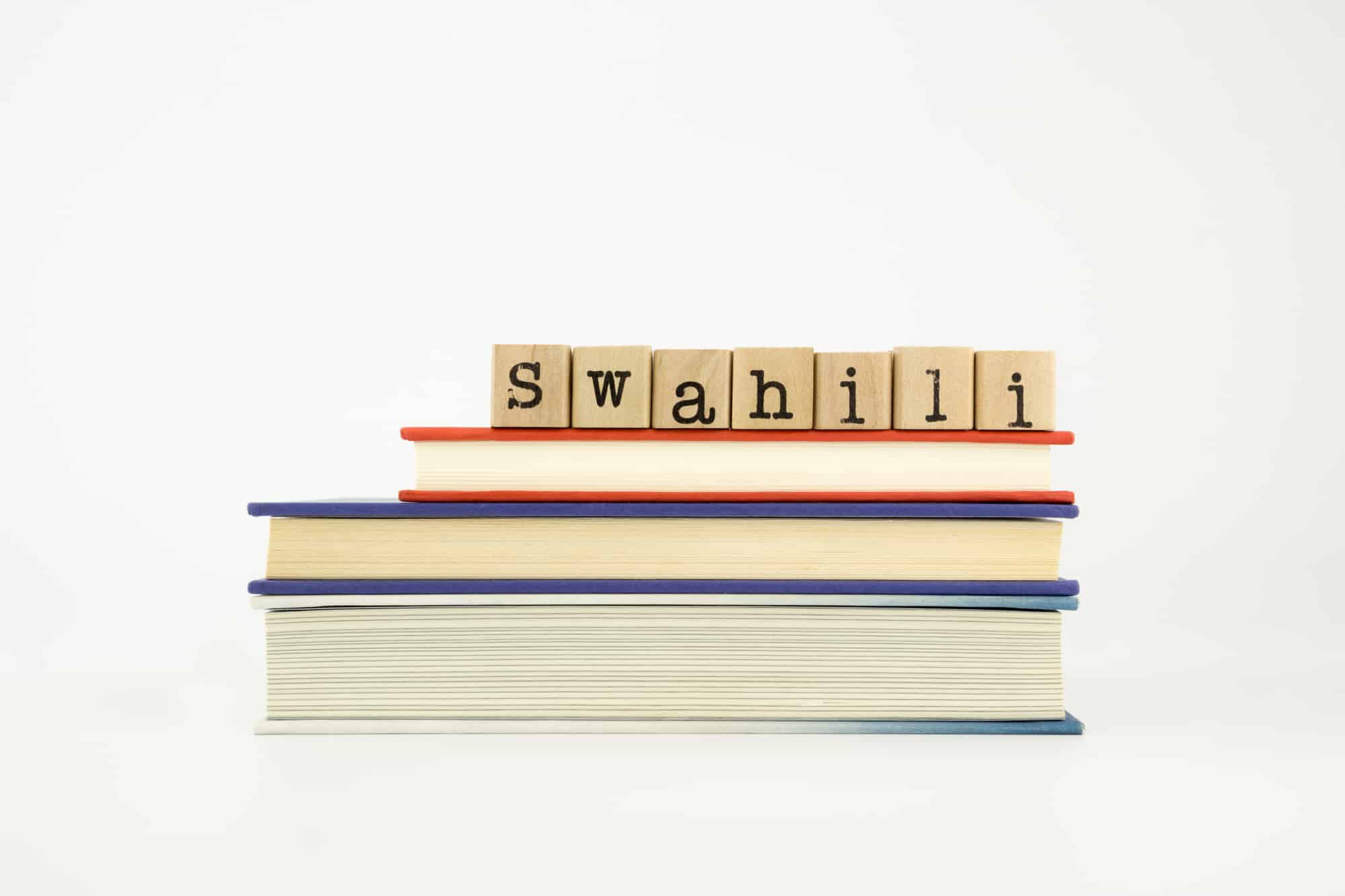
4 Useful Swahili Words and Phrases to Learn Before Your Next Kenya Trip
Are you headed to Kenya on your next trip around the world? You have an exciting adventure ahead of you, with beautiful scenery around every corner. There’s a good reason why tourism is flourishing there: there’s so much to see and do.
It can be helpful, however, to learn a few Swahili words or phrases before you set foot in Africa. Knowing a little bit of the local language can help you better communicate with the individuals you interact with during your stay.
You’ll be able to better express yourself, and they will appreciate the work you’ve put into trying to learn some of the language.
With the right phrases in hand, you’ll be better able to get help and befriend people along your journey. Read on, and we’ll walk you through a few key words and phrases you should know.
1. Key Greetings
Being able to say hello, good morning, and good evening to those around you is the basic stepping stone of learning Swahili. You don’t want to be rude, after all. Greeting those you meet properly will help set your whole trip up on the right foot.
There are a few different greetings you can employ during your trip. ‘Hujambo’ is likely the most commonly used of these, as it simply means ‘hello!’ A friendly use of this expression can jump-start most of your interactions with people you meet.
‘Habari’ is the more formal version of this greeting, and indicates a little more respect and a little less casualness. If you are greeting older individuals, for example, you might want to use this greeting.
What if you want to inquire about how someone is doing? Asking someone about their day and really caring is one of the best ways to endear yourself to another person. You can do this by asking ‘habari gani?’
Some other helpful greeting terms: ‘nafurahi kukuona’means nice to meet you, while ‘tutaonana’ means see you later. If it’s at the end of the day, you can use ‘lala salama’ to say goodnight.
2. The Basic Civilities
Now that you know how to say hello and goodbye, you can get a few of the other basics down. Now only will this help your trip, it can actually be good for you.
One thing you should know how to say if you want to be polite is your please and thank you’s.
‘Tafadhali’ means please, while ‘asante’ means thank you. You likely will need to use this a lot in your interactions, so get a good grip on them now. A little politeness can go a long way.
So can a simple yes or no. You can reply in the affirmative with ‘ndiyo’, and the negative with ‘hapana’. If you need to get someone’s attention, a quick ‘samihana’ should do the trick. That means the same as excuse me.
Last but not least, what if you need to introduce yourself? You’ll use ‘jina langu ni’ which translates directly to ‘my name is.’ For example, you might say ‘jina langu ni Ryan,’ or ‘jina langu ni Paula.’ This way you can get acquainted more easily.
3. Getting Directions
One of the most frequent situations you’ll find yourself in as a traveler in a faraway land? Lost.
No matter how well you prepared you are, the odds are that you are likely to get turned around at least once or twice. You might need someone from the neighborhood to help set you on the right path again.
The most basic phrase you’ll need then is: ‘ni wapi,’ which translates to ‘where is…?’ That’s the basic building block of any directions-based question you might have. After that, it depends on what information you’re looking for. A helpful list of terms includes:
Choo (bathroom), bas stendi (bus station), waanja wa ndege (airport), soko (market), kituo cha polisi (police station), and benki (bank). With these words and phrases at the ready, you should be able to get pointed at least in the right direction that you need to go.
4. Ordering Food and Drinks
One of the best parts of any trip abroad is being able to sample all the new food and local tastes. Kenya has some incredible eating options, and you’re sure to enjoy this brand new cultural experience.
But first, you’ll need to be able to explain what you want to eat or drink. A few simple phrases can help you with that goal.
‘Nataka” means I’d like, so you can use that short and easy word to start most of your ordering… then fill it in with what you’re in the mood for. You might want to stay broad, in which case you’d say ‘chakula’ for food or ‘maji’ for water.
Some other helpful terms to use would include nymama (meat), bia (beer), nyama kuku (chicken), matunda (fruit), or mboga (vegetables). With these words at your disposal, you should be able to navigate through the basics of getting a good meal.
Of course, it’s best to have some sort of tour guide with you who can you advise you on what might be best to order. This is especially true if you have any dietary restrictions or allergies that you need to be careful about.
The Swahili Words You Need To Know For Your Trip
Is one of your new year resolutions to visit Kenya? If so, you have a truly amazing adventure ahead of you. There will be plenty to do, see, and experience. Still, it’s best to be prepared. Getting familiar with the above Swahili words and phrases can ensure your experience runs as smoothly as possible.
Have more questions about planning an incredible trip to Kenya? Contact us anytime for assistance.